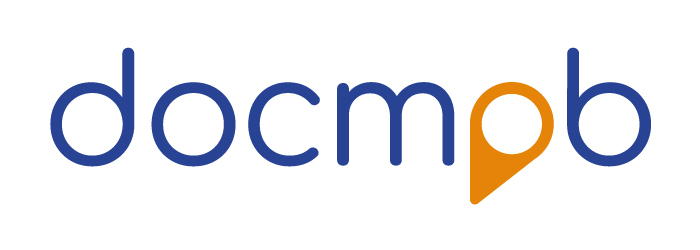Our journey ended in early April, 2021. Over the last three years, we achieved a research work that enabled us to publish a toolkit for all stakeholders. Thus, the main results are :
– A Handbook for doctoral mobility, in which we present the methodology and the main steps of the project. In this document, we make a comparison between Erasmus+ and other funds for doctoral mobility. Finally, we address policy recommendations for the next Erasmus+ Programme (2021-2027).
– A document summarizing other funding sources for doctoral mobility, with a short presentation of each Programme.
– A template of Learning Agreement including a Transcript of Records for doctoral mobility. This document takes into account all possible mobility activities (research, courses, teachings, trainings), and should be considered as a recommendation for the next Erasmus+ Programme.
– A factsheet for doctoral mobility, to be filled in by each Higher Education Institution and presented as its ID card on studies and mobility procedures at doctoral level. The document is divided in two parts: one containing information about doctoral studies at national level, and another providing information on each institution’s internal doctoral procedures (see instructions).
Since the beginning of the project, much progress has been made in the field of doctoral mobility. The awareness of its importance has increased in recent years, hopefully thanks to the communication efforts of the DocMob consortium.
We have already achieved some of our goals: a new frame for doctoral mobility has been included in the new Erasmus+ Programme 2021-2027. The minimum duration of a doctoral mobility has been lowered to 5 days, in line with our recommendations. Of course, there is still room for improvement in terms of grant amounts for longer stays and flexibility (no need for a bilateral agreement, as for traineeship mobility). We also hope that our templates of Learning agreement and Transcript of Records will be adopted by the European Commission and National Agencies, as they enable to take into account all the complex skills and activities performed by a doctoral student during his/her experience abroad.
Lastly, we would like to thank all the participants in the project for their strong engagement and support.

